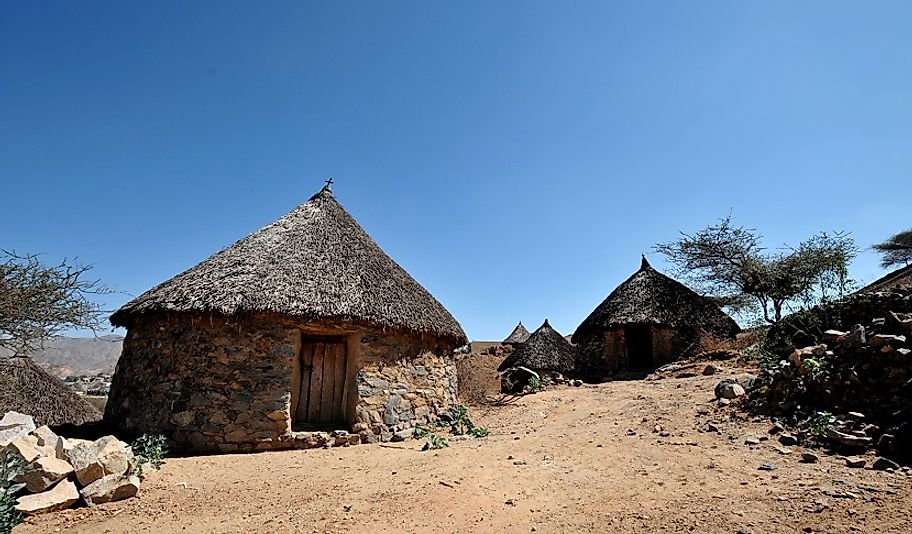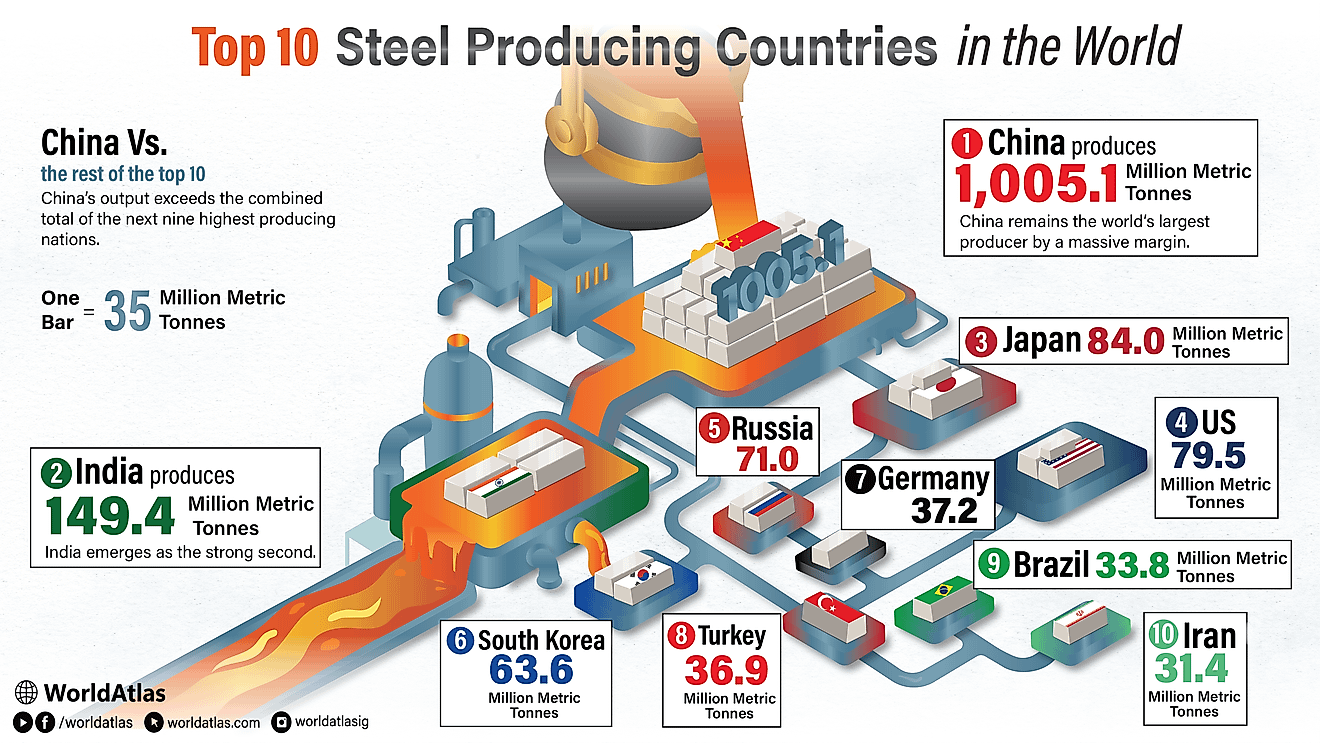Countries The Farthest From Realizing Economic Perfection

The Production Possibility Frontier
Defining the economic perfection requires an analysis of the production possibility frontier of an economy. Economists use this term to describe a point in economic development when goods and services are produced in the most efficient manner possible. The World Bank measures this point by utilizing a range of 1 to 100 that represents an economy’s distance to the frontier, or economic perfection and efficiency. A score of 100 means that a nation is utilizing its resources to their maximum potential. The farther from 100 that the score falls, the less efficient the economy and its production. Achieving economic perfection dictates that a nation determine how to combine the generation of its various goods and services to maximize production.
Countries with the Lowest Distance to Frontier Scores
As previously mentioned, a low distance to frontier score is indicative of an unhealthy economy. This score is measured by considering 37 indicators for 10 “Doing Business” topics. The indicators, in general, look at time, cost, and ease of conducting a particular business theme. These business themes include starting a business, obtaining construction permits, registering property, getting electricity, obtaining credit, protecting minority investors, paying taxes, trade across borders, enforcing contracts, and resolving insolvency. Some countries have a long way to go to reach the economic frontier of efficiency and perfection. Those places are discussed below.
Eritrea is considered the least “perfect” economy on the globe. Its distance to frontier score is 28 which means it is 72 percentage points from achieving pure efficiency. This is due to several factors pertaining to the previously mentioned doing business themes. For example, obtaining the registration to start a business takes approximately 84 days (nearly 3 months!) and the country has no system for construction permits. The cost of getting electricity is 2,846% of the per capita income and it takes over 200 hours to do something as simple as pay taxes.
The second country on the list of least efficient economies is Libya, where the distance to frontier score is 32. Here, 10 different procedures are required just to start a business, obtaining construction permits has no regulated practice, getting electricity takes nearly 4 months, registering property also lacks regulation.
South Sudan is next on the list with a score of 35. This low ranking is largely due to the cost of starting a business, 330% of per capita income, and the 4 months it takes to get a construction permit. South Sudan is particularly inefficient when it comes to obtaining electricity as well, the average time is 427 days! This country also lacks a credit information index to ease consumer access to loans.
The other countries on the list are mainly located throughout Africa with the exception of 2. Namely, these are Venezuela in South America and Haiti in the Caribbean.
Effects on Development
When the factors of doing business within a country are unnecessarily difficult and based on outdated processes and ideas, the economy and society suffer. Legal entrepreneurship and foreign investments are discouraged and the country is unable to develop sustainably. When there is very slow or non-existent growth, this is considered stagnation. People living in stagnant economies are more likely to experience poverty, preventable disease, lower levels of education, human rights violations, and underdeveloped infrastructure.
Countries The Farthest From Realizing Economic Perfection
| Rank | Country | Distance to Frontier Score (100=Realizing the Furthest Reaches of Relative Economic Achievement) |
|---|---|---|
| 1 | Eritrea | 28 |
| 2 | Libya | 32 |
| 3 | South Sudan | 35 |
| 4 | Venezuela | 36 |
| 5 | Central African Republic | 36 |
| 6 | Democratic Republic of the Congo | 38 |
| 7 | Chad | 38 |
| 8 | Haiti | 40 |
| 9 | Angola | 40 |
| 10 | Equatorial Guinea | 40 |











